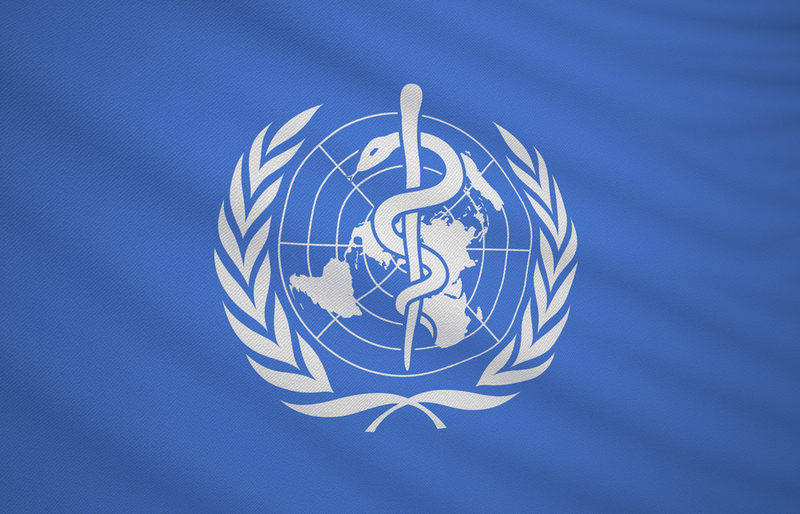New WHO report to bolster efforts to tackle leading causes of urban deaths
UNI Nov 01, 2019
A new report by the World Health Organization (WHO) offers guidance and tools for urban leaders to tackle some of the leading causes of death in cities.

Non-communicable diseases (NCDs) - like heart disease, stroke, cancer and diabetes - kill 41 million people worldwide every year, and road traffic crashes kill 1.35 million. “Over half the world’s people live in cities, and the numbers are rising,” said Dr Tedros Adhanom Ghebreyesus, WHO Director-General. “City leaders take decisions that impact on the health of billions, and for cities to thrive, everyone needs access to services that will improve their health – public transport, safe, clean and attractive outdoor spaces, healthy food, and, of course, affordable health services,” he said. The report, titled ‘The Power of Cities: Tackling Non-Communicable Diseases and Road Traffic Injuries’ is geared towards mayors, local government officials and city policy planners.
Funded by Bloomberg Philanthropies, it highlights key areas where city leaders can tackle the drivers of NCDs, including tobacco use, air pollution, poor diets and lack of exercise, and improve road safety. “By replicating the most effective measures on a global scale, we can save millions of lives,” said WHO Global Ambassador for NCDs and injuries, and three-term New York City Mayor, Michael R. Bloomberg. “We’re working to raise awareness among city leaders and policy makers about the real gains that can be achieved when effective programs are in place,” Mr Bloomberg added.
-
Exclusive Write-ups & Webinars by KOLs
-
Daily Quiz by specialty
-
Paid Market Research Surveys
-
Case discussions, News & Journals' summaries